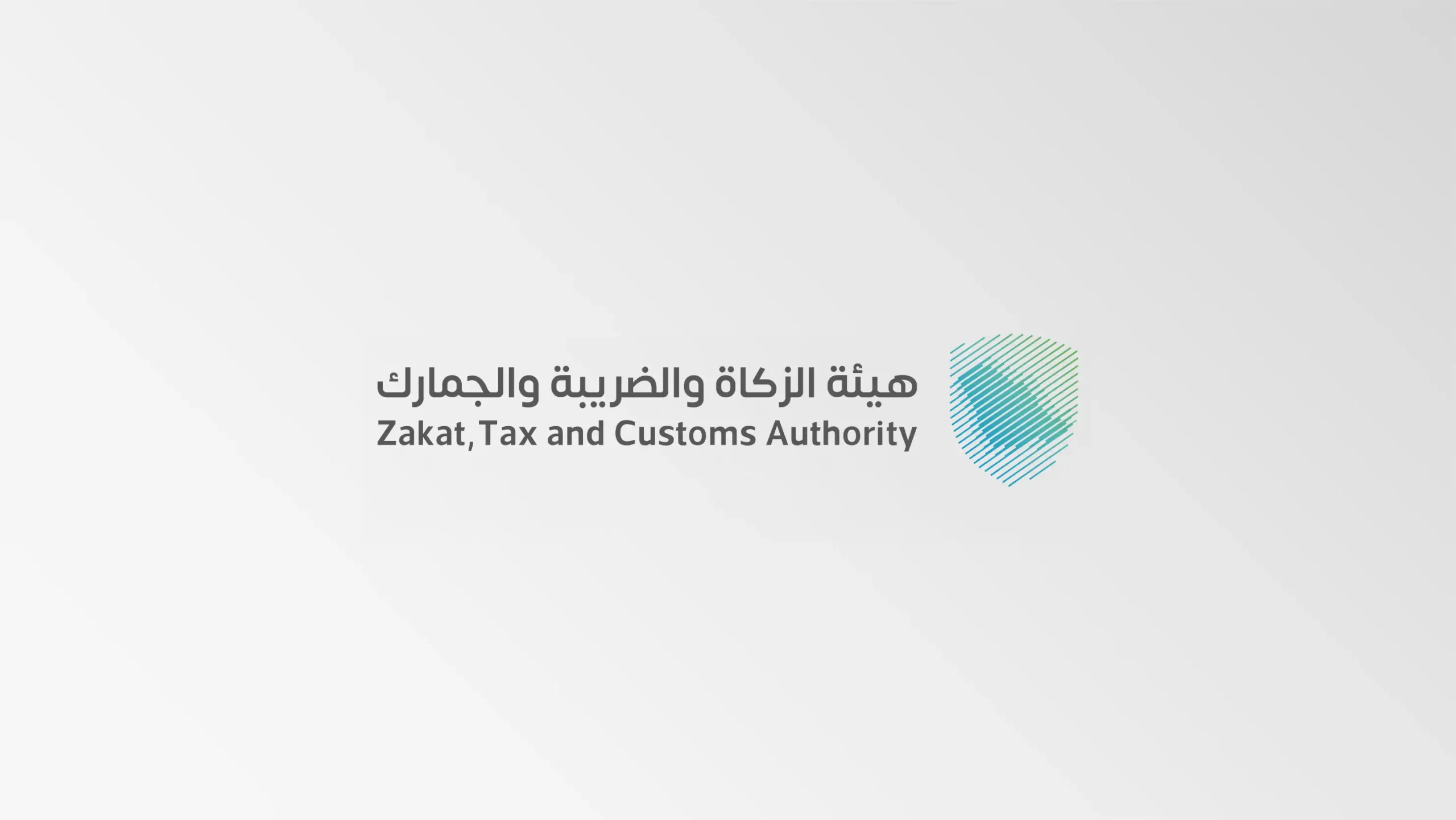Starting a company in the Kingdom of Saudi Arabia (KSA) presents vast opportunities, especially with Vision 2030 driving foreign investments and economic diversification. However, understanding the requirements for doing business in Saudi Arabia is crucial before launching your venture.
1. Choose the Right Business Structure
The first step is deciding on the legal structure of your business. Options include:
- Limited Liability Company (LLC) – Most common for foreign investors
- Joint Stock Company (JSC)
- Branch of a Foreign Company
- Sole Proprietorship
- Limited Partnership
- Tip: LLCs are the most popular and flexible choice for expats and international investors.
2. Obtain Foreign Investment License (If Applicable)
If you are a non-GCC national, you must obtain a foreign investment license from the Saudi Arabian General Investment Authority (SAGIA), now operating under Ministry of Investment (MISA).
Required documents:
- Company profile
- Passport copies of shareholders
- Board resolution
- Articles of association
- Limited Partnership
- Once approved, your company will be authorized to operate as a foreign-owned entity.
3. Register Your Business Name
Next, reserve a commercial name through the Ministry of Commerce (MoC). It must:
- Be unique and not previously registered
- Comply with Saudi naming standards
- Not include offensive or religious terms
4. Draft and Notarize Articles of Association
For most companies like LLCs, drafting the Articles of Association (AOA) is a must. This document outlines:
- Capital investment
- Partner roles and responsibilities
- Profit distribution
- Business scope
- Afterward, the AOA must be notarized electronically through MoC’s e-notary platform.
5. Open a Bank Account and Deposit Capital
To activate your company registration, you must:
- Open a corporate bank account in Saudi Arabia
- Deposit the minimum required capital (depending on company type)
- Obtain a bank certificate of deposit
- Example: An LLC may require SAR 100,000 as minimum capital depending on business activity.
6. Register with the Chamber of Commerce
Every business must be registered with the local Chamber of Commerce, which provides:
- Membership certificate
- Legal trade authorization
- Access to commercial services and events
- This is done immediately after commercial registration.
7. Get the Commercial Registration (CR)
The Commercial Registration (CR) is your business’s official operating license issued by the Ministry of Commerce.
It includes:
- CR Number
- Business activities
- Location of operations
- This step is mandatory for signing contracts, hiring employees, and operating legally.
8. Apply for Relevant Municipal Licenses
Depending on your business activity and location, you’ll need a municipal license (Baladiya) from the Ministry of Municipal and Rural Affairs.
Common documents required:
- CR copy
- Lease agreement for business premises
- Location map
- Civil defense approval (if applicable)
9. Tax & Zakat Registration
Register with Zakat, Tax and Customs Authority (ZATCA) to handle:
- Value Added Tax (VAT)
- Zakat (for Saudi nationals or entities)
- Withholding Tax (for foreign services)
- All companies earning over SAR 375,000 annually must register for VAT.
10. Register with GOSI & MOL for Employee Management
You must register with:
- GOSI (General Organization for Social Insurance) – to manage employee insurance
- MOL (Ministry of Human Resources and Social Development) – for employee contracts, Saudization quotas, and labor regulations
11. Saudization Requirements (Nitaqat Program)
Companies are required to hire Saudi nationals based on the Nitaqat system. The percentage of Saudi employees depends on your:
- Industry
- Company size
- Number of total employees
- Failure to meet Saudization levels may lead to fines or suspension of services.
12. Additional Industry-Specific Licenses
If your business operates in specialized sectors, you’ll need additional permits:
- Saudi Food & Drug Authority (SFDA) – for food, cosmetics, or pharma
- CITC – for telecommunications and tech
- Civil Defense – for safety and fire compliance
- SAMA – for financial institutions and fintechs
- Failure to meet Saudization levels may lead to fines or suspension of services.
Summary: Key Requirements Checklist
|
Requirement
|
Description
|
|---|---|
|
Business Structure
|
LLC, JSC, Branch, etc.
|
|
Foreign Investment License
|
MISA license for non-GCC nationals
|
|
Commercial Registration (CR)
|
Issued by Ministry of Commerce
|
|
Articles of Association
|
Drafted and notarized digitally
|
|
Capital Deposit
|
Based on business type and size
|
|
Municipal and Sectoral Licenses
|
Depending on location and activity
|
|
GOSI & MOL Registration
|
For employment and Saudization compliance
|
|
VAT/Zakat Registration
|
Through ZATCA
|
|
Office Lease
|
Must be in a commercial zone
|
Final Thoughts
Understanding the requirements for doing business in Saudi Arabia is essential for any entrepreneur, investor, or company planning to enter the Saudi market. With the right strategy and compliance, you can enjoy the benefits of one of the fastest-growing economies in the Middle East.




















